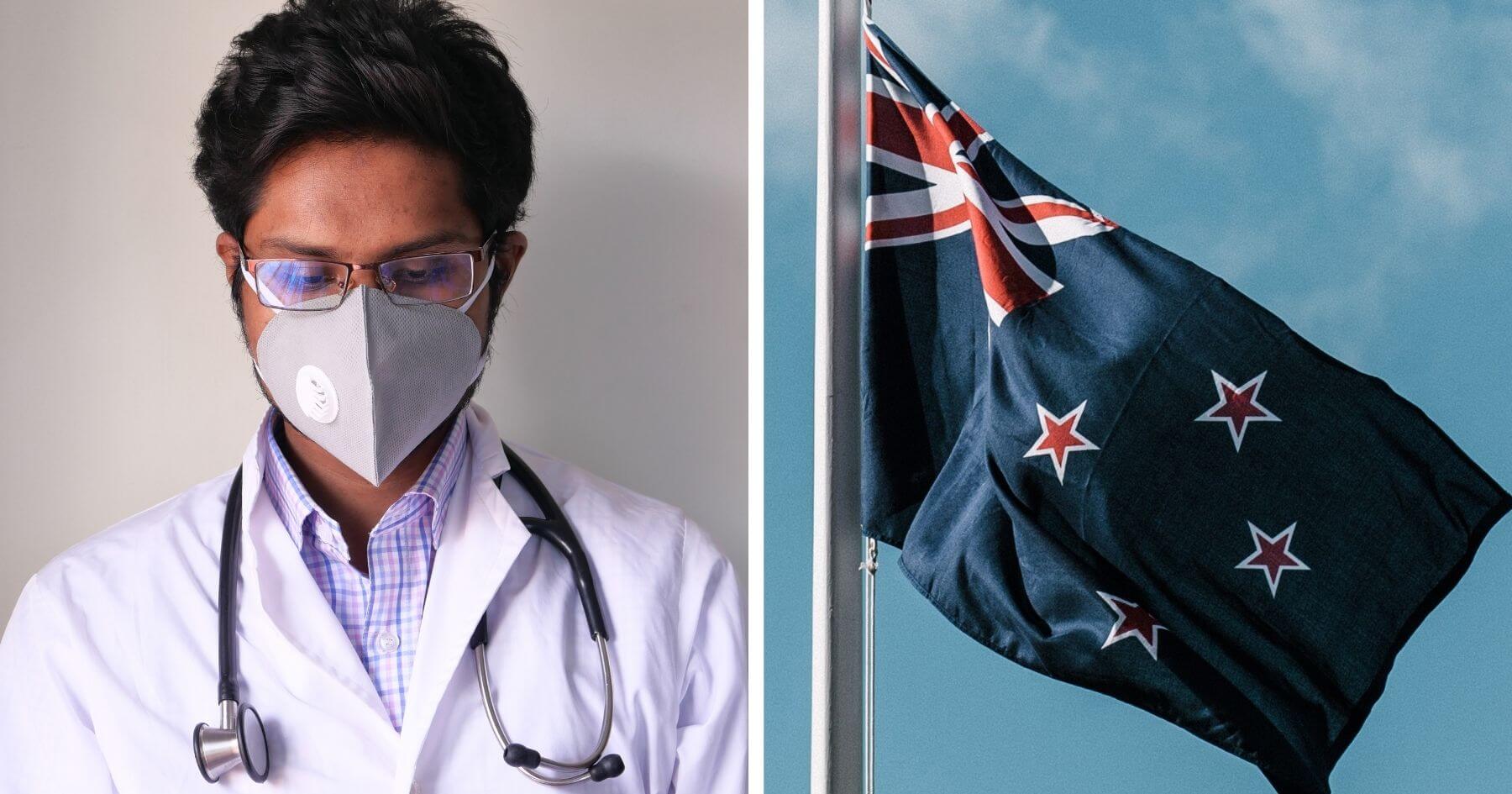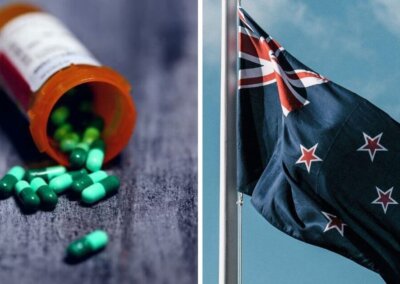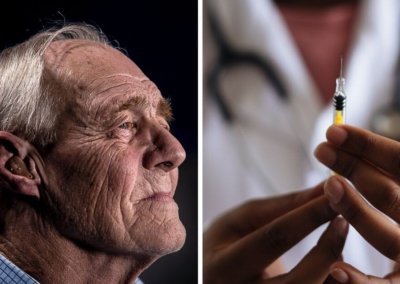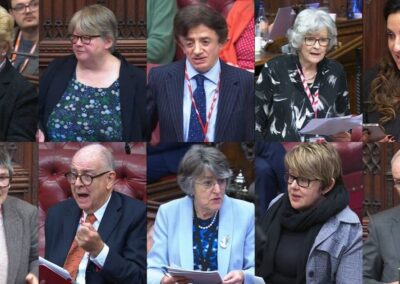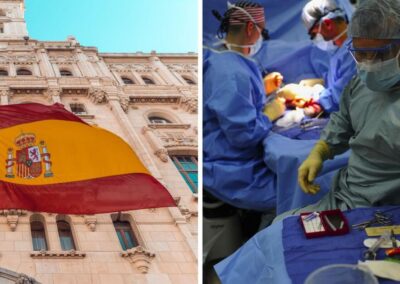Only 10 percent of health professionals in New Zealand are “definitely willing” to perform euthanasia according to a recent survey by the New Zealand Ministry of Health.
In New Zealand, euthanasia and assisted suicide were made legal in 2020 and the new law will come into force in November this year. A new Ministry of Health workforce survey however has shown that only ten percent of health practitioners described themselves as “definitely willing” to provide assisted suicide. A further 20 percent described themselves as “possibly willing”.
The Chief Medical Officer, Andrew Connolly said that the Ministry of Health was expecting about 1,100 patients to request an assisted suicide or be euthanised, although it is predicted that about a third of those would follow through and be euthanised or end their lives through assisted suicide.
In response to the apparent problem of their being too few medical professionals willing to carry out euthanasia or assisted suicide, Connolly said: “Geographical disparities will have to be solved. There will be options there, around whether we can move practitioners around the country”.
Estimates for the number of those who will request death at the hands of a medical professional are derived from Victoria, Australia, which introduced euthanasia in 2019, and data from Belgium, which between 2003 and 2013 found the number of requests for euthanasia to have increased from 235 to 1,807.
Dr Keryn Powell, a GP from Napier, New Zealand, opposes euthanasia and said that most of her colleagues did not even want to focus on it.
“I think a lot of us have got our head in the sand about it. We are so focused on Covid, focused on the flu, and the end of the year is going to come upon us and we’re all just going to be praying like mad that no one asks about it”.
Ben Gray, General Practice Associate Professor at the University of Otago’s department of primary health care, voiced his concerns that assisted suicide may increase inequality in the health system saying: “The health system is particularly stretched at the moment”.
“If we’re adding one more task in there, then it will make it a little bit more stretched and the question about what that task is, is the thing which affects equity”.
Widespread confusion about euthanasia law
Last year, New Zealand became the first country in the world to introduce euthanasia by popular mandate as 65.2% of voters supported the ‘End of Life Choice Act’ in a binding referendum.
However, polling suggests that there was widespread confusion about what this act actually made legal. According to the group Euthanasia-Free NZ “Polling during the advance voting period showed that 80% of New Zealand adults were misunderstanding what the End of Life Choice Act would legalise”.
“Only 20% of respondents knew that this Act would not make it legal to turn off machines that are keeping people alive”.
Turning off of machines keeping people alive was already legal if it was thought to be medically appropriate. As the polling suggests however, many who voted in the referendum were not aware of this fact.
Right To Life UK spokesperson, Catherine Robinson, said: “As critics of the law in New Zealand have already suggested, with an already stretched healthcare system pre-occupied with COVID-19, the introduction of euthanasia and assisted suicide is hardly a priority. This is all the more so given that the vast majority of medical professionals apparently want nothing to do with administering assisted suicide and euthanasia”.
“The small number of medical practitioners who are willing to administer euthanasia and assisted suicide suggests that the majority of them continue to recognise that these practices are fundamentally opposed to the essence of their profession, which is to improve the health of the patient and palliate symptoms. It is not to end the lives of patients”.


